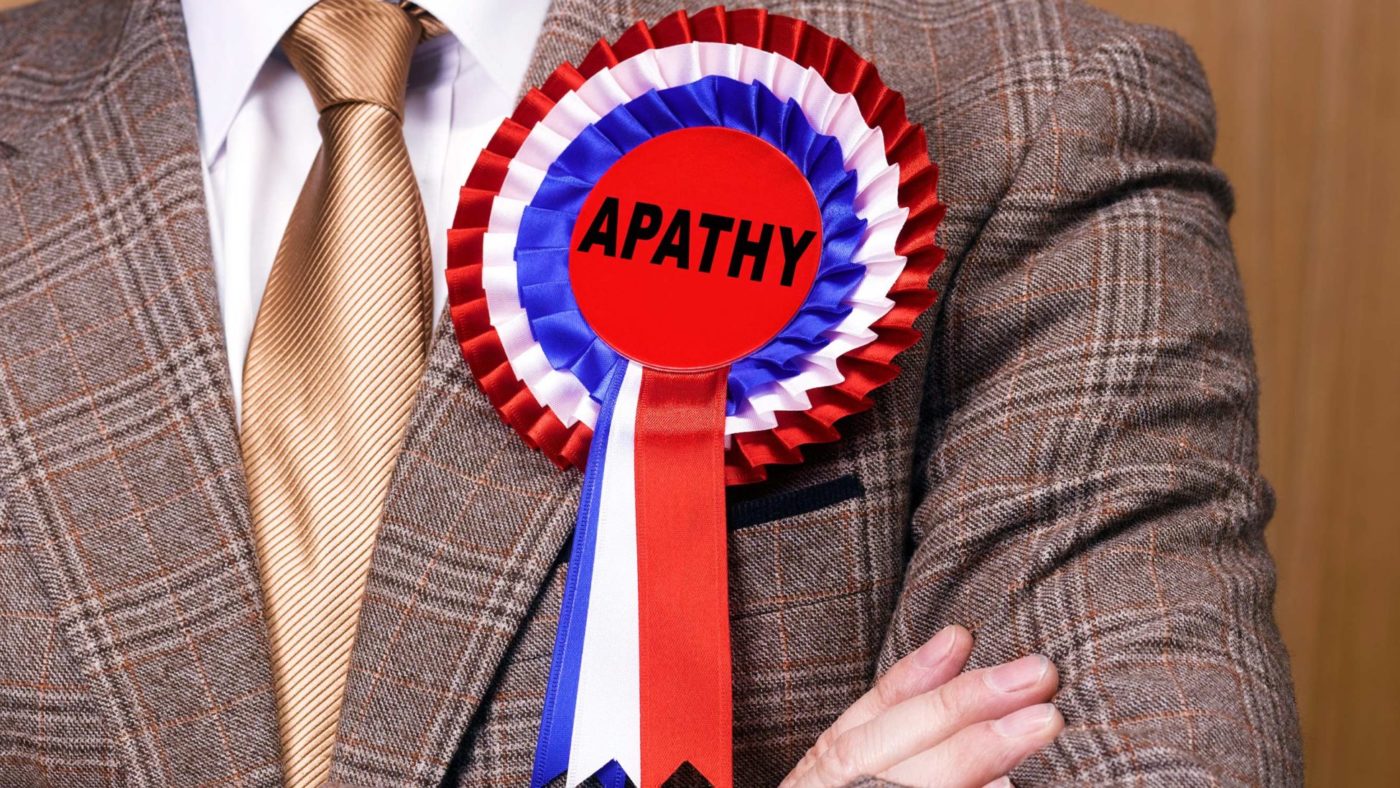I have ran many focus groups over the last three years. One, conducted in a Holiday Inn on the outskirts of Peterborough, was particularly memorable.
The then Labour MP, Fiona Onasanya, had been arrested and a by-election was expected. I asked participants to write two imaginary news headlines, one you’d expect to see after the election of a new Labour MP, and another after the election of a new Conservative MP.
I picked on someone to read his out: first, for the Labour MP.
“New MP arrested for cheating constituents, new elections called”.
I scribbled something down about the Labour brand in the city – it must be seriously damaged by the circumstances surrounding their current MP. I then asked the same man to read out his headline for a new Conservative MP.
“New MP arrested for cheating constituents, new elections called”.
There, in one line, this person had summed up the attitude of our nation. When one does opinion research – when trying to find people’s attitudes on a No Deal Brexit, NHS funding or the latest Budget, the ultimate top line of British public opinion is that none of it really matters, as politicians will find some way of messing it up or doing us over anyway.
A dose of this is unavoidable in any democratic system. Scepticism is welcome, cynicism is basically a British characteristic. Politicians themselves – almost all good and reasonable people – would say a bit of stick comes with the job. But that feeling has intensified. Abuse towards the political class has increased dramatically, particularly on social media.
Although we are far from a situation of hyper-polarisation, like in the United States, ‘to hell with them all’ is increasingly not just a throwaway line, but a heartfelt condemnation. A Hansard Society report earlier this year showed 72% felt that the UK’s political system needed improvement, a figure higher than even during the expenses scandal of 2009.
Brexit has played its part in this gathering storm. The perceived broken promises of the Leave campaign are repeated often, especially “the £350 million”, as well as the overly precise forecasts of the Remain camp. Crucially, Brexit was not delivered by the March 29 deadline – a watershed moment which broke the two-party dominance seen since the General Election. It remains to be seen whether October 31 will be a similar turning point, but another delay – regardless of where the finger of blame is pointed – will be highly damaging to public trust.
Wrangling over Brexit also brings with it open infighting within political parties. Both main parties are now seen as more divided than ever before. And the Conservatives’ private polling showed division to be one of the biggest drivers of votes away from the party.
But it also goes beyond Brexit: in many people’s minds, politicians have simply ceased to be human. If ever there were political dividend in dodging a question, there is not any more – the public are enraged by it. This was clearly not Theresa May’s strong point, but many others are guilty too. The public watch as politicians seem to be making a principled stand in the race for Prime Minister, only to drop out and instantly back a new candidate whose policies they were railing against the day before.
Westminster takes these kinds of things for granted. But every time this happens – an answer dodged, a principle forgotten – it strikes another hammer blow against the public’s faith in politics. Another thousand people switch off, push away the news and join the disaffected.
Some figures are able to break through. Sajid Javid is routinely praised for “giving a straight answer to a straight question”, and Rory Stewart’s early candour in admitting he wanted the job of Prime Minister was noticed. At one point, Boris Johnson had traces of something. Though haunted by the Leave campaign, Boris was often praised in the focus groups for “saying what he means”, for “speaking his mind”.
But that impression has significantly eroded since: first there was the way he refused to back Theresa May’s deal, only to change his mind when she said she would resign. Equally damaging was the way his strategists shielded him from scrutiny during the leadership campaign, keeping Johnson tethered to a pre-written script.
That approach may have got him to Number 10, but it has risked enveloping him in the anti-politician mood that has taken over the country. This may be why he has decided to go on more walkabouts, be it in town centres or NHS hospitals; even if he is challenged on camera, at least he is out and about.
In any case, this is about far more than just the Prime Minister. The crisis of trust should worry all mainstream political parties. To an extent not seen for a long time, there are new forces on the extremes – right and left – ready to pounce on this disaffection. It matters if people do not feel represented: they simply go elsewhere, and increasingly that means the fringes.
The solution does not lie in resolving Brexit alone, even if Johnson were to find the perfect solution. Nor will it be solved by a managerial approach or by going back to 1997 with a reheat of Blairism. Appealing to ‘centrism’, the ‘free market’, or ‘socialism’ won’t cut it either. It needs a new solution, a new way of doing politics which isn’t really ‘doing politics’ at all, where politicians are not shielded by their advisors and follow the ‘playbook’, but are instead authentic, themselves, and answer the question even if it means admitting they do not know.
Whatever the solution may be, if our political leaders do not find it, and find it quickly, this leakage of trust amongst the general population will likely continue – until there is none left to lose.
CapX depends on the generosity of its readers. If you value what we do, please consider making a donation.


